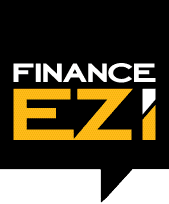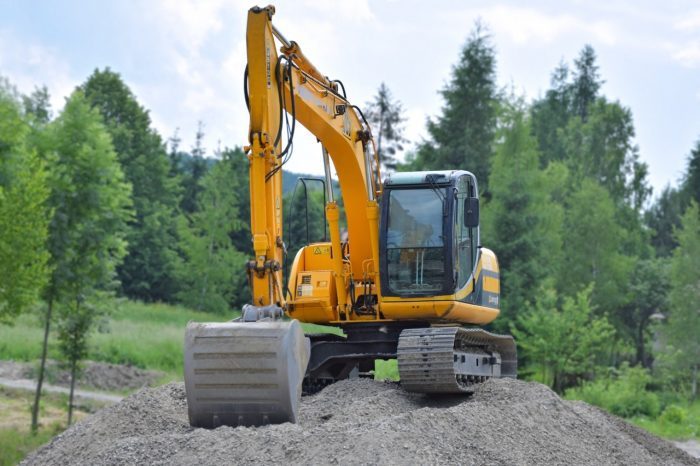Equipment Finance is a type of business financing that allows companies to get access significant capital. Mainly for the purpose of purchasing or renting equipment. It can apply to office necessities like computers, desks, and servers. Also heavy types of machinery like tractors, backhoes or delivery trucks. It gives businesses the opportunity to use these physical assets for their operations, without having to pay for the full up-front price.
There are different types of equipment finance. Before you shop around for financing sources, learn about each type. Make sure you pick the best one that fits your specific business equipment needs.
Chattel Mortgage
A chattel mortgage describes the financing arrangement where a borrower purchases a movable asset or property (chattel) The chattel serves as security in case the borrower fails to pay the loan. It’s different from a typical mortgage, wherein the loan is taken against a fixed asset or property, like land or a home.
On the other hand, the ownership of the property in a chattel mortgage is transferred to the borrower. Much like all mortgages, you have ownership, but the Lender has the asset as security. This is different with secured loans, wherein the borrower cannot legally own the purchased asset unless the loan is paid off. Many businesses who want to purchase equipment use a chattel mortgage.
Commercial Hire Purchase (CHP)
In this type of equipment finance, the lender agrees to purchase the property needed by the business. The lender will let the business hire the equipment for a fixed monthly repayment over a specific period of time. In a CHP, the ownership belongs to the lender throughout that contract term, even though the business is in possession of the property. Only after all the dues (including the interest) are paid will the business legally own the equipment.
Commercial Hire Purchase is good for businesses that account for GST payments, whether on a cash or accrual basis, because you may be able to claim a tax deduction. It is also a good choice for businesses who want better cash flow.
Equipment Lease
Equipment leasing is ideal when purchasing equipment is simply impractical. Businesses that don’t need equipment year-round benefit the most from this, as well as operations that require frequent equipment upgrades. Aside from the huge capital investment, the equipment will incur depreciation cost and can be difficult to resell.
Also Read: Tips to Improve Business Credit Profile
Equipment lease works the same way as CHP, except that the business won’t get to take the equipment at the end of the lease contract. It also makes the cash flow better for the business, plus you get to take away a huge chunk on your capital expense.
Fully-maintained equipment lease
This is another type of equipment finance where the ownership of the property belongs to the lender. In a fully-maintained equipment lease, the lease provider provides financing to purchase equipment, as well as the costs related to operating and owning it. It can include fuel costs, servicing, registration fees and other permits. This equipment financing is great for businesses that need vehicles, trucks and other motored equipment.
The business will lease the equipment for a fixed period of time and will do monthly repayments, which include a fixed residual fee. At the end of the lease term, the business should send the equipment to the lease provider.
Equipment Rentals
For businesses with limited resources and unstable monthly revenues, rentals may be the best finance solution. Similar to equipment lease, the property is bought by the financer. It will be then rented by the business for a given period of time. After which, the business can decide if it will hand back the equipment, continue to rent it or buy the equipment.
The difference of equipment rentals from lease and CHP is being in a month-to-month type of agreement. After 30 days, changes could be made to the agreement by either party. The financer can raise the rental fee and the business can hand over the equipment and find another equipment rental. Different states have their own laws that govern rental agreements, but there is usually a notice period required before changes on agreements become effective.
Structured Loans
Among the different types of equipment finance, a structured loan is probably the best for most businesses. Running a Business in complex financial situations means you need a solution that other financing products can’t solve. A structured loan fills this void and provides financing depending on the business’ current performance. Lenders can offer structured loans to businesses with poor cash flow, bad credit history, and all of those that other lenders consider as high-risk or unqualified borrowers.
Structured loans mostly have high-interest rates to compensate for the high-risk that the lenders are taking. They also have higher monthly repayments and shorter loan-term.
In Australia, individuals or companies who are purchasing equipment for business purposes are entitled to tax deductions. Businesses should also consider this when choosing the type of equipment finance to get. Nevertheless, getting equipment financing is always a sound decision regardless of equipment your business needs and however big or small your business might be.
Finance EZI
Do you need any help with your business equipment loan? Talk with Finance Ezi, we’ll help you move your business along. Give us a call on 1300 003 003 or apply online.



